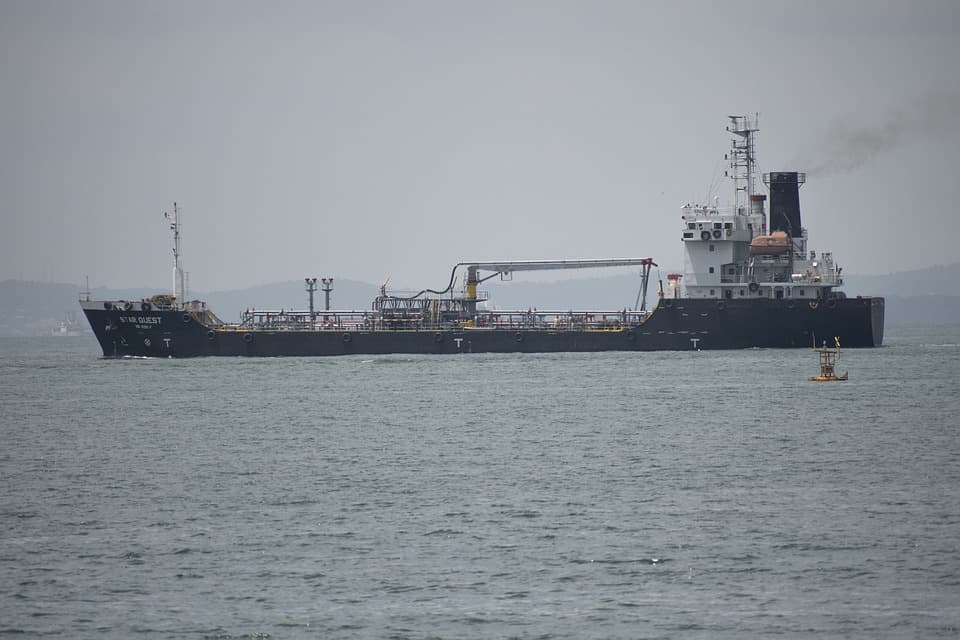Navigating the Waters: River-Going Vessels vs. Coastal Ships vs. Marine Vessels
Navigating through different water bodies requires specialized vessels designed to handle specific environments and tasks. Whether cruising down a river, hugging the coast, or crossing vast oceans, understanding the distinctions between river-going vessels, coastal ships, and marine vessels is crucial for maritime enthusiasts, industry professionals, and travelers alike. Here’s a detailed comparison to help you understand these differences.
River-Going Vessels
River-going vessels are designed primarily for inland navigation. Here are some key characteristics and examples:
Characteristics:
- Shallow Draft: These vessels are built with a shallow draft to navigate through rivers with varying water levels without grounding.
- Maneuverability: Enhanced maneuverability allows them to navigate through narrow passages and around sharp bends in river systems.
- Size and Capacity: Generally smaller in size and cargo capacity compared to ocean-going vessels.
Examples:
- Barges: Used for transporting bulk cargo such as coal, grain, and minerals along rivers.
- River Cruisers: Often used in the tourism industry, these vessels provide scenic views of riverbanks and are equipped with amenities for passenger comfort.
- Ferry Boats: Common in urban and rural areas for transporting passengers and vehicles across rivers.
Coastal Ships
Coastal ships, also known as short-sea or littoral ships, operate closer to shorelines and perform a variety of roles:
Characteristics:
- Moderate Draft: These ships have a deeper draft than river vessels but are still less than deep-sea ships, allowing navigation in relatively shallow waters.
- Sturdiness: Built to withstand rougher waters than river-going vessels, especially those found in coastal areas.
- Versatility: Often designed to handle a variety of cargo types including containers, bulk, and liquid.
Examples:
- Coastal Tankers: Used for transporting oil or chemicals between ports along a coast.
- Container Ships: Smaller container ships that operate between regional ports.
- Ro-Ro Ships: Roll-on/roll-off ships designed for carrying vehicles and goods that require easy loading and unloading.
Marine Vessels
Marine vessels, or ocean-going vessels, are built for long-distance sea navigation. They are robust and equipped to handle the challenges of the open sea.
Characteristics:
- Deep Draft: Designed with a deep draft to accommodate larger cargo volumes and enhance stability in open waters.
- Strong Build: Constructed to withstand high waves, strong winds, and harsh marine conditions.
- Global Range: Capable of transoceanic journeys, connecting international ports across continents.
Examples:
- Cargo Ships: Large vessels designed for transporting goods across major oceanic trade routes.
- Cruise Ships: Luxury vessels designed for passenger travel, offering multiple amenities and recreational activities.
- Oil Tankers: Some of the largest vessels, used for transporting oil across oceans.
Conclusion
Choosing the right type of vessel depends on the specific needs of the journey or transport requirement. River-going vessels are ideal for inland navigation, coastal ships serve well for regional shipping, and marine vessels are suited for global maritime activities. Each vessel type is a testament to human ingenuity in harnessing the power of waterways for exploration, commerce, and connectivity.
For further information or specific inquiries about different types of vessels, you can chat with Mavyn GPT or connect with a human expert at Mavyn, where both AI and human expertise are at your service to answer your questions.
